THE BOOKSELLERS (2019)
A behind-the-scenes look at the New York rare book world.
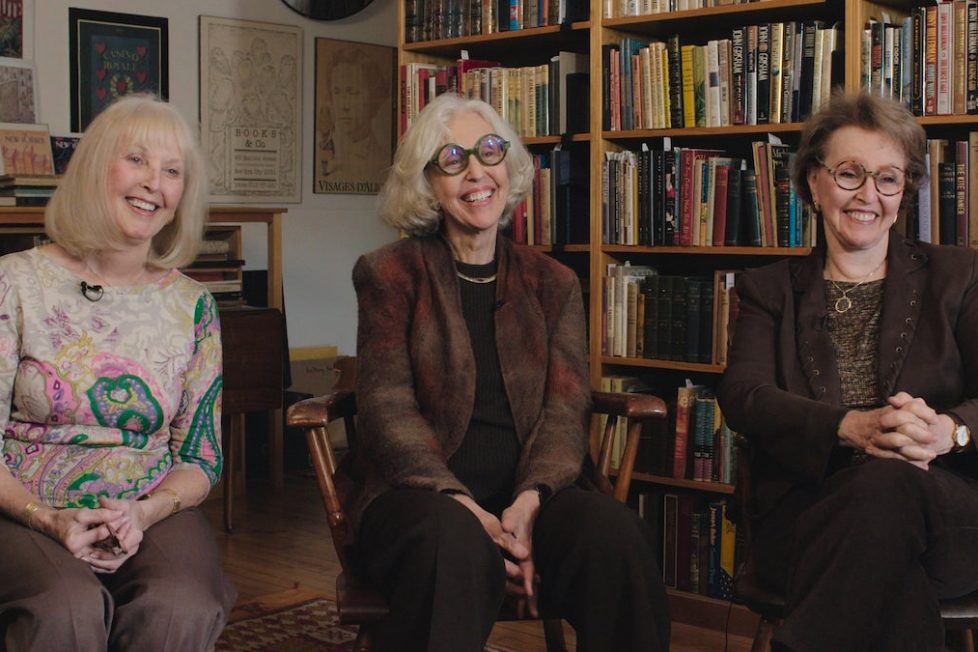
A behind-the-scenes look at the New York rare book world.


The Booksellers is a thought-provoking but meandering documentary, purporting to explore New York’s rare-book trade, but it only really talks broadly about the role of literature today world and how modern people perceive and value books. As a result, anyone unclear about how bookselling works will come away from this film just as unsure. Indeed, Marielle Heller’s Can You Ever Forgive Me? (2018) tells you just as much.
This is, in large part, because director D.W Young has a habit of skipping from bookshops to libraries to writers without making much distinction among them. He blurs one of the most important points that a documentary on this topic should make: that while many dealers in rare books are passionate about the tomes they handle, theirs is still fundamentally a business, which (at least at the top end) resembles the antique trade more than it does the retailing of new mass-market titles.
Indeed, The Booksellers’ primary concern is evident from the beginning, when Young puts images of the books (rather than the people or the shops) front and centre, accompanied by a slightly sententious narration about their preciousness. It’s a nice corrective, then, that the first bookseller interview mentions the word “commerce” before “discovery”…
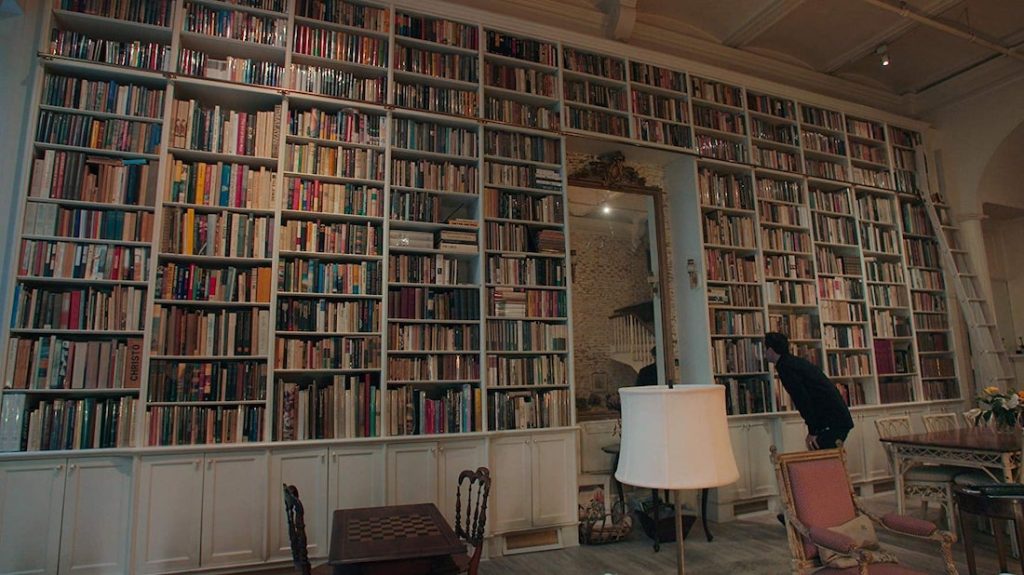
Later, the film drifts into discussing the huge archives on famous authors that some libraries hold, which is a fascinating topic in itself… but librarianship isn’t bookselling, and implicitly lumping the two together makes the book trade seem much more academic and less business-driven than it really is.
The confusion extends to interviewees. Authors Gay Talese and Fran Lebowitz both feature, but it’s not clear why they’re in this documentary. As writers? Or readers? Maybe as book collectors? The lack of clear on-screen identification of who’s talking when doesn’t help… but, problematically, it’s as if any connection with the topic of “books” is a qualification for coverage in The Booksellers. That dilutes the focus of Young’s film so much that it risks being just a collection of people’s thoughts about books in general.
The stand-out example of this is the sequence where we see Larry McMurtry accepting the Academy Award he shared for the writing screenplay to Brokeback Mountain (2005), whee he used his acceptance speech to thank American booksellers. A crucial piece of context which should’ve been emphasised here is that McMurtry is both an author and a bookseller himself (a rare combination). But as it stands, he comes across as just an author who happens to appreciate booksellers.
For all this, however, there is much to enjoy in The Booksellers. It’s resolutely focused on the New York trade—Young’s previous documentary, A Hole in a Frence (2008), also put a small aspect of the Big Apple under the microscope with its tale of an abandoned lot in Brooklyn—but many of the issues it brings up have much wider applicability.
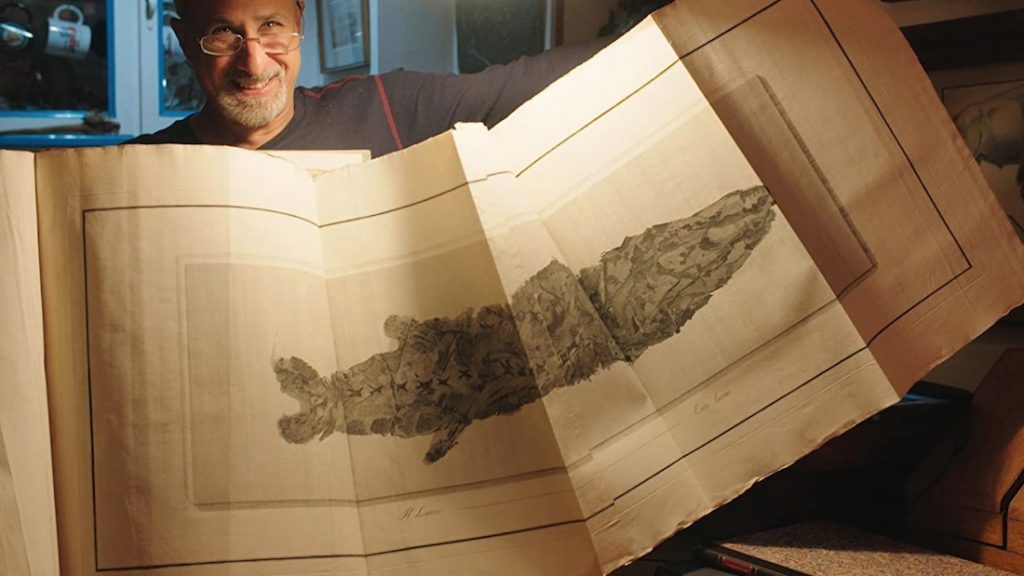
Perhaps most importantly, it explores the way that since the late-1990s the emergence of online book markets has transformed the business. The vastly increased choice for consumers hasn’t always been a good thing: as one interviewee says, “every piece of shit that’s been laying around somewhere is suddenly out on the internet”. It’s taken away much of the fun of discovering a long-sought-after item, too.
But for many booksellers the impact has been even worse; one might previously have had the only copy of a moderately rare work in any given city, but now you’re in competition with 300 others around the country or the world who have copies of the same book and will happily mail it to your previously regular customer.
The Booksellers does find positivity in the rise of online bookselling, however, arguing that by making the hunt for actual books rather dull it’s given rise to a new interest in ephemera (i.e. collectable non-book items such as programmes or handbills).
Young’s documentary is also perceptive on the nature of collecting itself, bringing home the point that it can be a form of creativity as well as obsessiveness. Adding items to a collection helps create links between them which may help us see them in a new light.
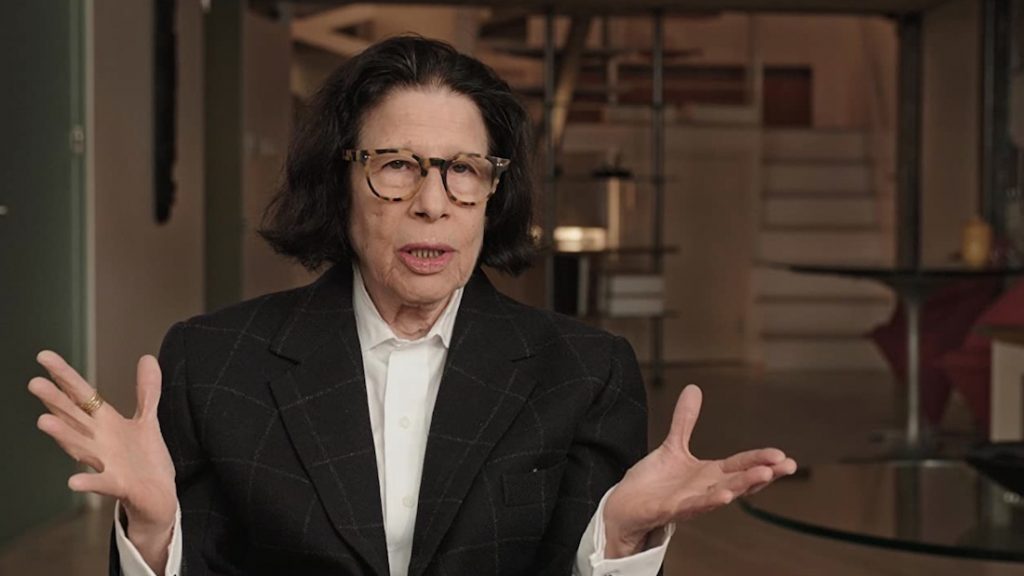
And, on a more practical level, the documentary does acknowledge some of the major issues of the book trade. For example, the importance of buying books for a shop to stock (for many dealers, even more of a priority than selling), and the problem of an ageing dealer population with few young people coming in to replace them. It’s good (if far from comprehensive) on the history of the book trade, too, and on the often unsung role of women within it.
There’s much to like, then. Indeed, it’s the kind of movie where any given five minutes is likely to be informative, observant and often entertaining. The difficulty is that all those five-minute chunks don’t hang together coherently. One doesn’t get a full picture of anything; be it the book trade, the practice of collecting, or the printed word’s position in our digital world.
Therefore, this enthusiastic, loving, and disorganised documentary raises more questions than it answers. But maybe that’s the point? After all, if you want to know more, you can always buy a book on the subject…

USA | 2019 | 99 MINUTES | 1.85:1 COLOUR | ENGLISH
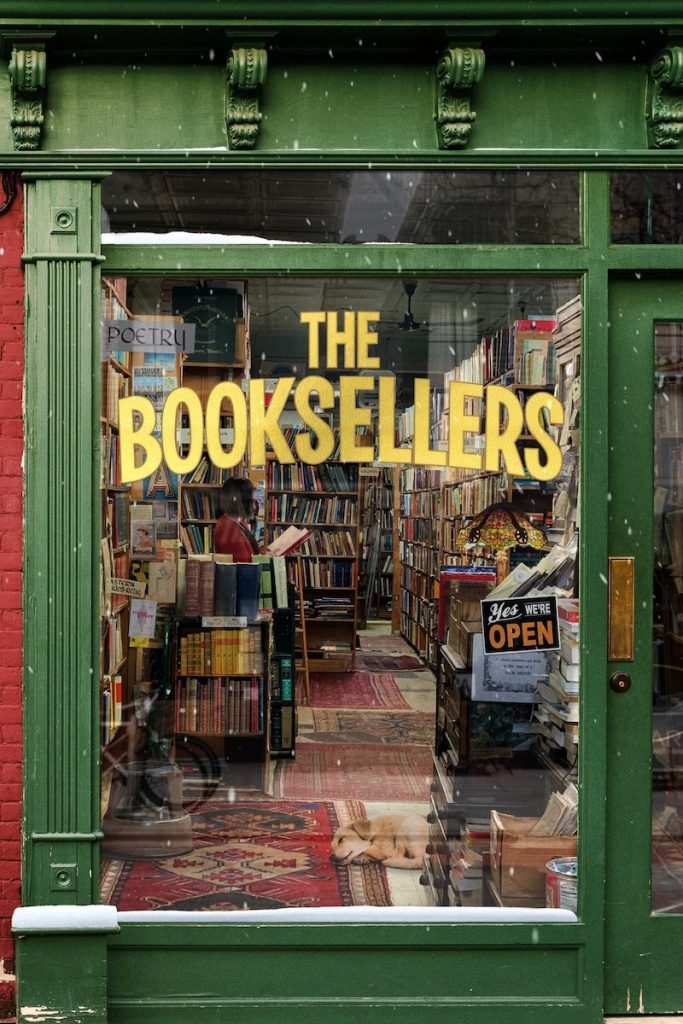
director: D.W Young.
narrator: Parker Posey.
starring: Adina Cohen, Naomi Hample, Judith Lowry, Stephen Massey, Nancy Bass Wyden, Fran Lebowitz, Gay Talese, Justin Croft, Zack Hample, Susan Orlean, William S. Reese, A.S.W Rosenbach, Jay S. Walker & Kevin Young.
